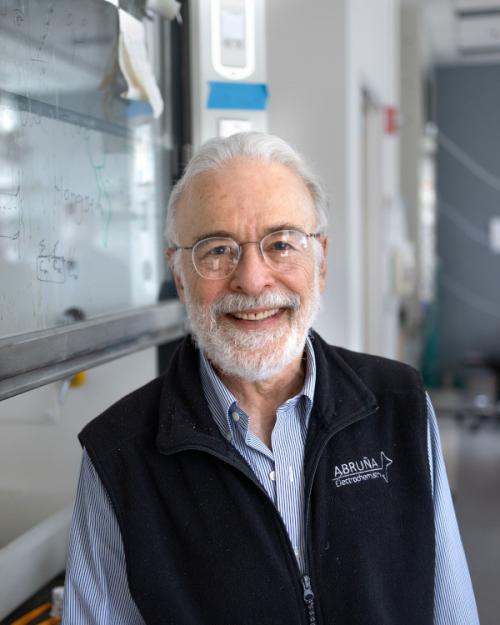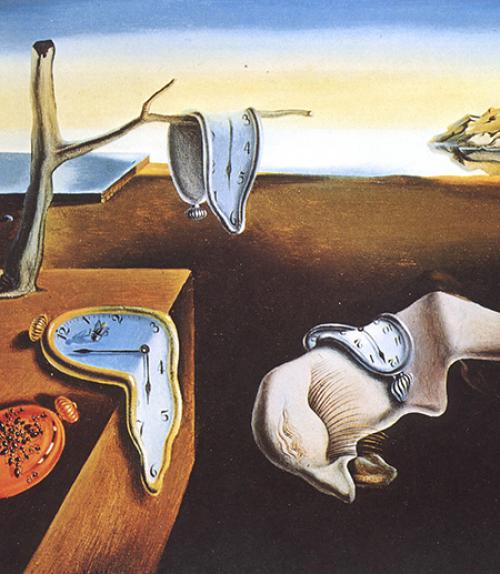“Time,” this year’s theme for the Society for the Humanities, was chosen to mark both Cornell’s sesquicentennial and the society’s 50th anniversary. The society’s annual theme conference, Oct. 23-24 in the A.D. White House, was titled “Celebrating Society@50: Time, on the Critical Edge,” and featured international speakers as well as Cornell faculty.
“The humanities are a transformational force, offering critical perspectives on the human condition,” said Gretchen Ritter, the Harold Tanner Dean of Arts and Sciences. “The Society for the Humanities is a meeting-point of interdisciplinary dialogue and theoretical reflection, and it is a pleasure to celebrate the 50th anniversary of its important work at Cornell.”
The conference considered issues regarding time’s imprint on the humanities: the passing of time in life and cultural experience, how chronology impacts methods of history, how time is marked differentially in racialized contexts, and time’s articulations in literary and artistic performance. Plenary speakers provided added emphasis on the understanding of time in indigenous and African contexts.
“We took advantage of a concentration of fellows currently at the Society working on Africa to give additional attention to how African history and culture provides an opportunity to think about time differently,” said Timothy Murray, director of the Society for the Humanities and professor of comparative literature and English.
Alumni speaking at the conference included Tejumola Olaniyan, M.A.’89, Ph.D.’91, this year’s senior scholar in residence for the society, who delivered the keynote address, “Enchantings: Modernity and The Time of the State in Africa.” Other speakers included Sara Guyer, director of the Center for Humanities at the University of Wisconsin-Madison; Skawennati, co-coordinator of the Initiative for Indigenous Futures; and Premesh Lalu, director of the Centre for Humanities Research at the University of Western Cape, South Africa.
Cornell faculty from a broad range of humanities departments also spoke at the conference, demonstrating the society’s wide reach and impact at Cornell, noted Murray.
The conference included a naming ceremony to celebrate a new endowment by the family of Stanford H. Taylor ’50, Chem.Eng. ’51, and the Andrew W. Mellon Foundation, which created the Taylor Family Director for the Society for the Humanities. The ceremony, hosted by Ritter, included remarks from John Taylor ’78 and Philip E. Lewis, professor emeritus of Romance studies, former dean of the College of Arts and Sciences and retired vice president of the Mellon Foundation. The ceremony also recognized the creation of the Stanford H. Taylor Postdoctoral Fellowships, which provide opportunities at Cornell for outstanding recent Ph.D. recipients to develop as scholars and teachers.
Linda B. Glaser is a staff writer for the College of Arts & Sciences.




